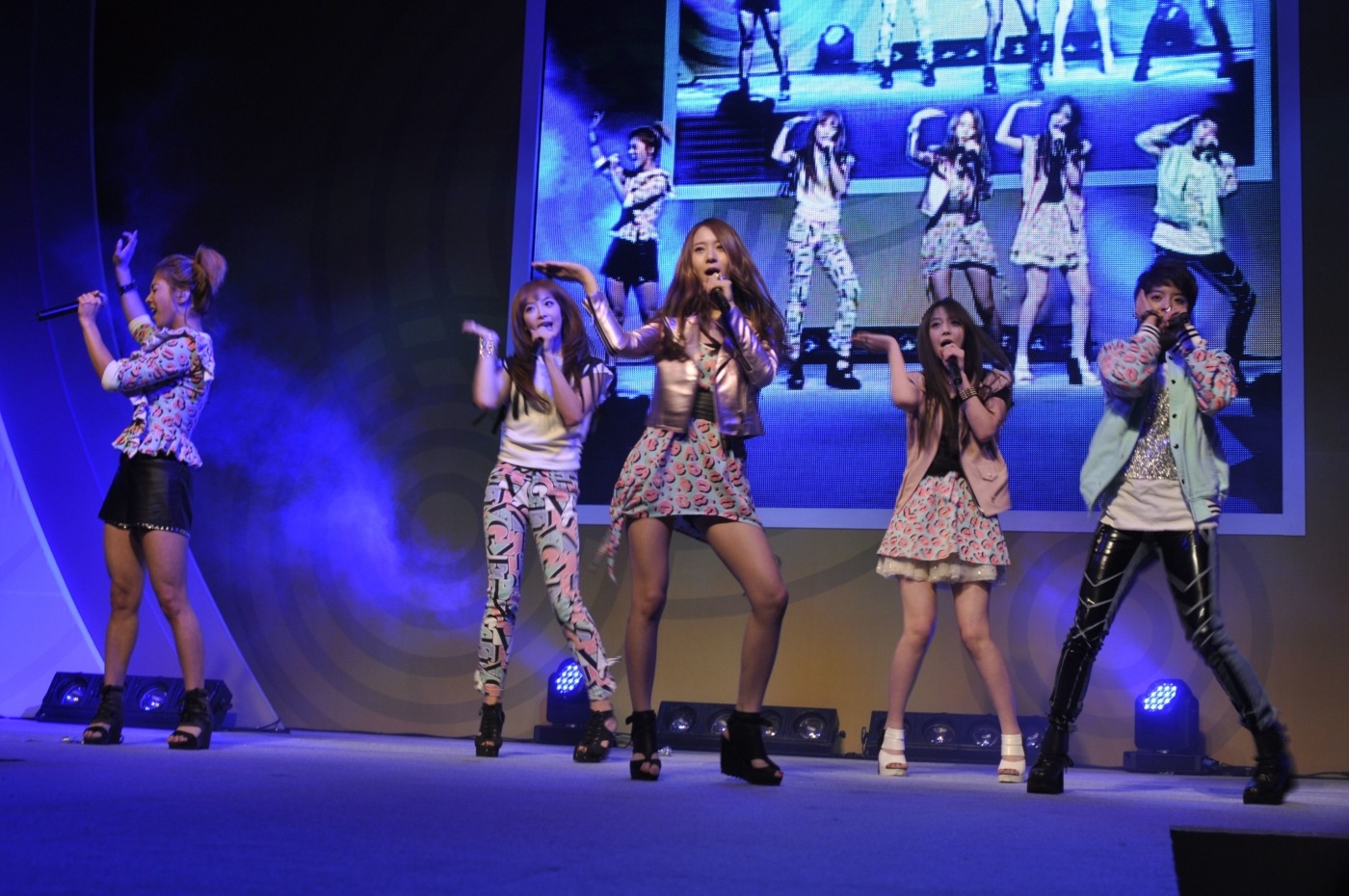Korean music beyond K-Pop
Until 2019, the Beatles were the last musical act to have had three number-one albums in less than a year. It may come as no surprise to learn that the widely popular K-Pop group BTS has now achieved this significant feat, with their latest work Map of the Soul: Persona, demonstrating their global popularity.
Yet it is not just them; the all-female K-Pop group BLACKPINK are currently close to gaining one billion views for their music video for the single 뚜두뚜두 (DDU-DU DDU-DU) on YouTube. And who can forget PSY and his memorable ‘Gangnam Style’? Furthermore, the likes of Red Velvet and NCT 127 have featured on remixes of singles by the likes of Ellie Goulding and Jason Derulo, which highlights the growing tendency of bringing onboard popular Korean music artists to widen the appeal of so-called Western music.
As Phil Becker, the Vice-President for content at Alpha Media (American radio station owners) has noted, US artists would try to ‘infuse themselves’ into K-Pop records. But what don’t we know about Korean music in 2019? Well, if you look beyond BTS, there are the interesting sub-genres it has created, as well as the vastly different cultural standards and issues that have gained attention from the greater spotlight on Korean music.
What don’t we know about Korean music in 2019?
Whilst K-Pop may grab all the headlines and global attention, it itself should not be misinterpreted to signify all Korean music. The term itself may represent the pop music that likely gets played on radio and hits the charts; but by digging a little deeper, you will find alternative sounds besides what is commonly offered. The not-so-publicised growth of Korean Indie, or ‘K-Indie’, has almost emerged as a result of K-Pop’s popularity as artists create a new sound from the trap-influenced beats you hear in modern pop.
In the past, it may have been hidden away for only Korean music aficionados to discover, but clearly the increased interest in K-Pop has also resulted in greater exposure for K-Indie artists. And from listening to several tracks, you can hear the artistic range, from the garage-like sounds of Neon Bunny to the tempered low-fi produced music of Sunday Moon. For those wanting more guitar-heavy indie that replicates its UK counterpart, the likes of Say Sue Me and DREAMCATCHER should be given a listen.
Beyond K-Indie, there is also the Korean variation of hip-hop, unsurprisingly dubbed ‘K-Hip-Hop’ by some. It too began as a channel for artists to experiment away from the pop-dance sounds the country is known for. Though the lyrical content of money and drugs, as well as its musical beats, will sound similar to American hip-hop, rappers tend to avoid using slang in their lyrics in favour of making their words relatable and honest for the general audience. Yet its fusion with K-Pop makes it harder for artists to stand out creatively, considering many popular groups now have at least one member who is designated the rap verses of their songs. Still, the variation in Korean music makes the umbrella term ‘K-Pop’ a misleading phrase if used to summarise Korean music; rather it should be viewed as its own genre.
The increased interest in K-Pop has also resulted in greater exposure for K-Indie artists
There are still significant issues that the Korean music industry faces today. Notably, the recent death of singer Sulli has highlighted the collective failure to handle the prevalent issues of mental health that artists face thanks to the extreme pressures placed on them by both their fans and managers. As a case study, Sulli was revealed to have suffered from severe depression that was partly caused by online abuse for not conforming to Korean societal norms, such as alcohol avoidance. Her reveal that she was in a relationship also caused controversy; generally, industry executives strictly ban K-Pop group members, also known as idols, from dating as it prevents them from reaching the desired image to be single and desired by fans.
Many who join K-Pop groups are said to have been trained through intensive language lessons as well as vocal and dance classes before executives hand-pick them to be selected to form bands. This can be seen to pile overwhelming pressure on young singers whose careers can depend on making the grade. It is sadly not shocking to hear of artists who suffer from depression or even commit suicide. The traditional gender stereotypes are additionally a feature of K-Pop which may become more problematic as attempts at gender equality continue in years to come. But note that female artists now are producing empowerment-themed singles like Sunmi’s ‘Heroine’.
What’s next for Korean music? Well, a recent crossover between Reggaeton, English and K-Pop single from Super Junior might suggest more fusion styles. Certainly, Korean music won’t be going away so you might as well give it a listen…

Comments